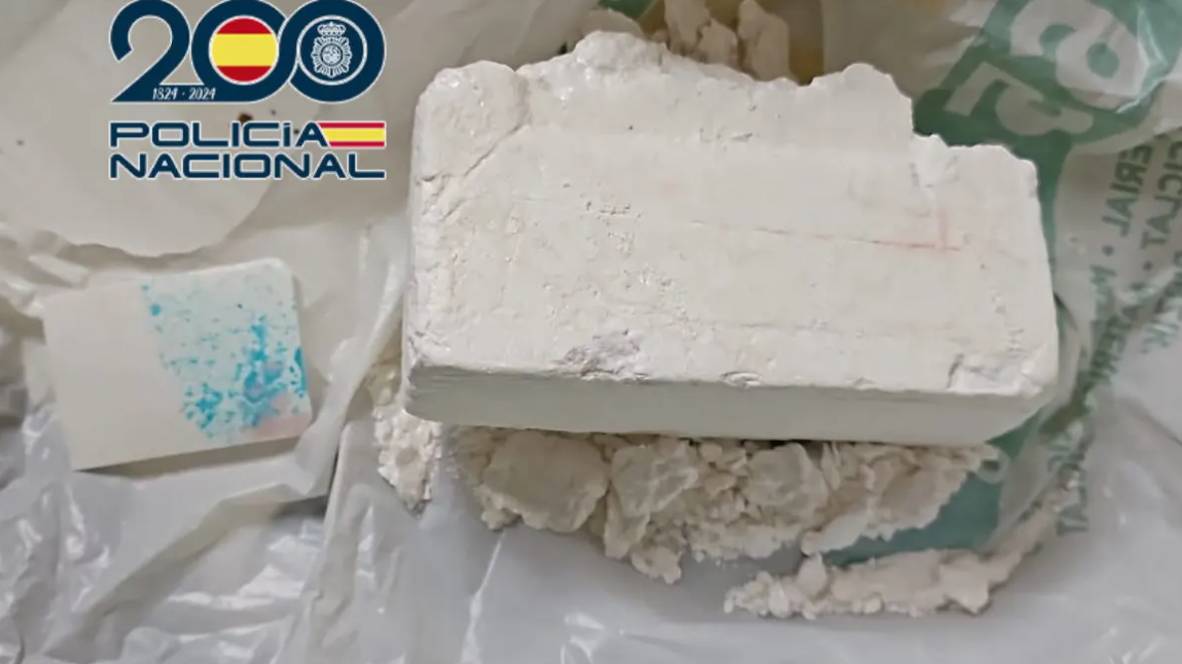The World Health Organisation estimates that animals are the source of 60% of infectious diseases that impact humans. Veterinarians have taken to the streets in concern that this number may rise as a result of the new state legislation that restrict their ability to prescribe antibiotics. In addition to shutting down the majority of the 331 veterinary clinics in the province for two hours, while some remained on call, the group organised its first protest against the new drug laws in Alicante.
They used this time to demonstrate outside the Government Subdelegation and make their concerns heard. A manifesto was read, urging Luis Planas, the Minister of Agriculture, Fisheries, and Food, to change his stance. Veterinarians and pet owners were among the more than 300 attendees.
The prevalence of leishmaniasis in Alicante is three times higher than the national average, which worries veterinarians in particular. They worry that if they don’t handle the animals properly, this zoonosis will become out of control. This human-transmittable illness is typified by sporadic fever episodes, weight loss, concurrent splenic and liver enlargement, and anaemia. In almost 90% of cases, it can be fatal if treatment is not received.
There is one dog for every four people living in Alicante
The province has a substantial pet population, with one dog for every four residents, which contributes significantly to the spread of zoonosis, according to Gonzalo Moreno del Val, head of the Alicante College of Veterinarians. Furthermore, because mosquitoes are the vector of transmission, anyone can contract leishmania, the protozoan that causes this ailment, whether or not they own a pet.
Professionals, however, are upset that the new state law on veterinary medications, which went into effect in January, restricts their prescription in these situations to allopurinol, the medication that is generally agreed to be the most suitable for treating this illness in dogs. Up until the new rule, they used the human active ingredient because there isn’t a veterinary medication in Spain that contains it.
A major issue
This possibility was eliminated by state regulations that went into force at the start of the year. “This animal disease could spread and impact more people since we are unable to adequately treat it. In addition to being a major issue for us professionals and placing us in an awkward position, it has an impact on society as a whole. Moreno del Val adds, “Spain’s uniqueness is also quite extravagant, as this treatment is used in other countries.” Production farms as well as small animal veterinarians are impacted by this ban.
“When it comes to something as crucial as prescription, we cannot treat animals based solely on our clinical judgement or scientific data. First and first, the health and well-being of animals will be impacted, followed by people, if one of our primary duties as healthcare professionals—prescription, just like for doctors—cannot be utilised to cure illnesses. Since many of these illnesses are contagious, they affect public health and are a concern for the entire community.
“My clinical judgement is not criminalised”
Thus, among the slogans that veterinarians in the Plaza de la Montañeta have displayed on their banners are “The health of animals is the health of people,” “For one health,” “We are health professionals, only our clinical judgement is valid,” “Royal Decree 666/2023 prevents us from adequately treating millions of animals,” “I am a veterinarian, my professionalism is not questioned, my clinical judgement is not criminalised,” and “Yes to public health, animals are not to be touched.”
Although they believe that the interpretation made in Spain is far more restrictive than in other European countries, the group’s dissatisfaction, which is widespread throughout the nation, stems from a rule that the Ministry of Agriculture, Fisheries, and Food initially wants to control a public health issue that veterinarians also share, such as antibiotic resistance.
These experts also confirm that pets barely account for 0.19% of the total amount of antibiotics ingested by people and animals in our nation. “Is this percentage really that bad that it puts the veterinary industry under so much strain? The group notes, “It’s odd that we have this control system for animals, but it doesn’t exist for humans; it doesn’t make sense.” According to the vets, the Ministry of Agriculture staff who created the norm lack clinical judgement “and don’t listen to us either.”
A platform for sharing all recipes
This new rule also mandates that veterinarians use an internal electronic platform called PresVet to report every prescription to the Ministry. Additionally, they are no longer permitted to prescribe drugs; instead, owners of dogs and cats must buy them from pharmacies, which frequently run out of stock because of drug shortages. Veterinarians must conduct cultures to determine the best drug, which may be life-threatening for the animal, delaying treatment.
Jordi Fontaner, an Elche veterinarian, observes a system of operation that raises the expense of therapy. “The drugstore would sell you the entire box of a medication, but we used to hand out ten tablets. The law states as much. Both the treatment and the product get more costly. To switch from one antibiotic to another, they require us to run antibiograms (cultures), which raises the expense because each one costs about 50 or 60 euros.
“It’s not an economic issue”
“It’s no longer a financial issue,” the expert adds, adding that the procedure takes longer. Our goal is to be able to care people the way we want to, not to generate money. Because an antibiogram can take up to seven days to produce benefits, treatments shouldn’t be prolonged. Immediate prescriptions are forbidden by the decree.
“We are losing our professional judgement. They forbid us from working or prescribing. We truly know what to employ in each situation, but the law restricts us, particularly when it comes to antibiotics.” Pet owners must now visit pharmacies to obtain their prescription drugs. “They don’t have that medication; they can’t acquire the pills, so they have to go to three, four, or five. In the end, we issue four or five prescriptions for each treatment since they must keep returning, whereas previously we handled it ourselves.”
Fontaner gives the example of an 80-year-old customer who visited multiple pharmacies in search of medication for her pet. “The woman actually informed me that my cat should die at the end. Since they won’t let us work, we’ll ultimately have to get around the law that is being imposed on us.”
With the new rules, “we invest a lot more time in looking for which antibiotics we can get, because we are limited by the law,” according to Tania García, a veterinarian from l’Alfàs del Pi. Perhaps writing a prescription takes twice as long as the 20-minute consultation that was originally scheduled. After that, it must be uploaded to the PresVet system. Or it takes nine days to receive it and the pharmacy doesn’t have it. Customers accuse us, therefore we have to explain, which ultimately takes a lot of time.
Reducing the 21% VAT rate on veterinary consultations as a medical profession is another demand.








No Comment! Be the first one.